The best PC games of 2017… so far
Must play games
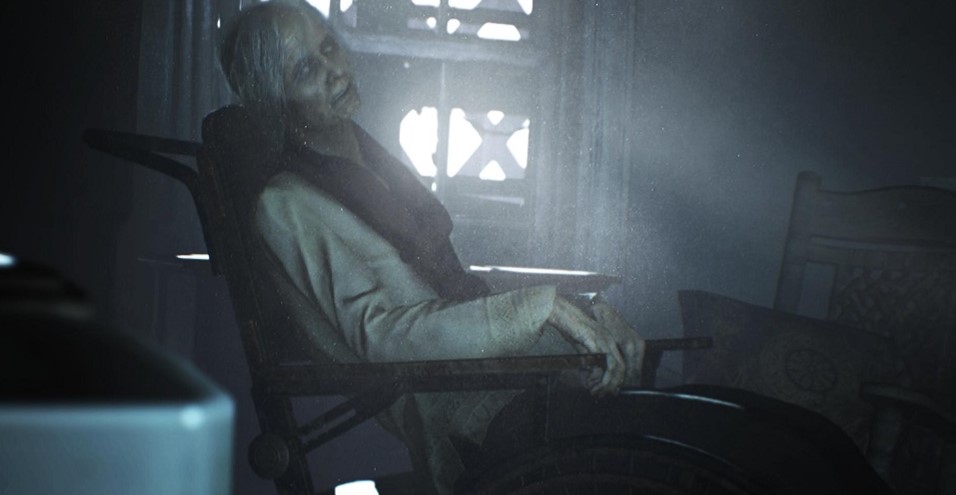
The best PC games of 2017
Blimey! We’re not even halfway through the year and we’ve already had a veritable smorgasbord of gaming delicacies served to us in 2017. And it’s not one genre or tier dominating the scene either, with everything from classic franchises revived as first-person horrors to polished real-time strategy titles making big waves in videogames.
So long before the half-point in the year, TechRadar brings together the best games the medium has to offer in 2017... so far. Better start making some space on hard drive… you’re going to need it.

Welcome to TechRadar's 3rd annual PC Gaming Week, celebrating the almighty gaming PC with in-depth interviews, previews, reviews and features all about one of the TechRadar team’s favorite pastimes. Missed a day? Check out our constantly updated hub article for all of the coverage in one place.

Torment: Tides of Numenera
With the likes of Wasteland 2 and The Bard’s Tale to its name, you know you’re getting a strong role-playing offering when inXile Entertainment is doing the developing.
That’s why we weren’t worried when we heard the Californian outfit was creating the spiritual successor to the much-loved 1999 classic Torment: Planescape.
Successfully Kickstarted in just six hours, Tides of Numenera is all about the story, weaving a grand epic that melds futuristic tropes and medieval tenants into one giant fantasy tale. Its combat might play second fiddle to its consequence-based story, but there’s still plenty of fun to be had as you battle through Tides of Numenera’s many scenarios.
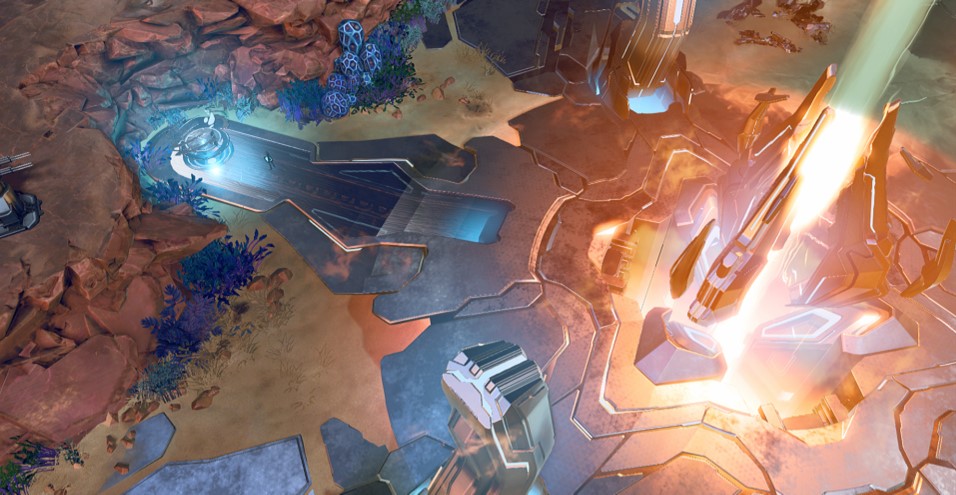
Halo Wars 2
No one was really expecting Microsoft to revive the made-for-console RTS that was Halo Wars (especially given the fact it effectively killed off the developer that made the original), but resuscitate it did and with the real-time strategy powerhouse The Creative Assembly behind the wheel the results are suitably impressive.
Such is the power of the Halo licence, but there’s far more to Halo Wars 2 than canonical legitimacy - a refined HUD and tweaked control system sings with a controller while its multiplayer, solo campaign and CCG-esque Blitz mode make for a lavish real-time affair that offers more than just a recognisable setting.
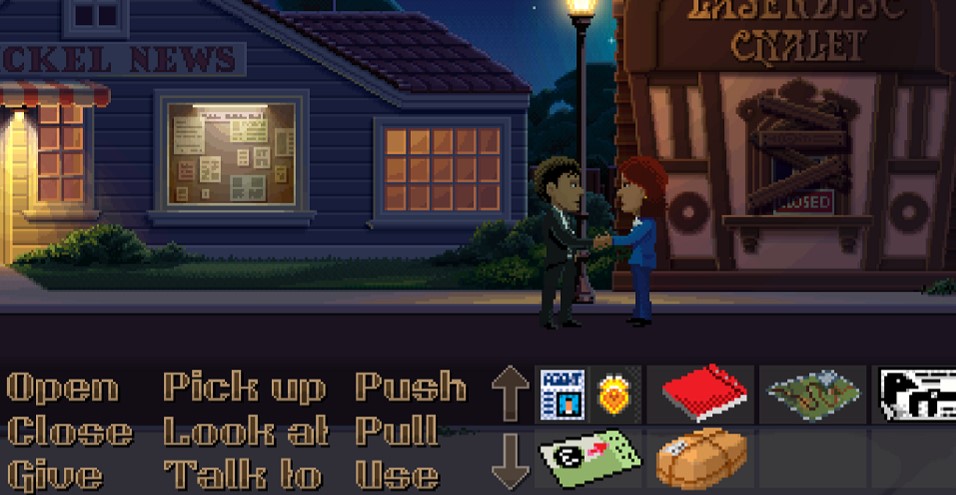
Thimbleweed Park
While Tim Schafer and Double Fine set out to make the old school throwback that is Broken Age, Ron Gilbert said goodbye to the venerable studio, with the LucasArts veteran forming a new indie startup to make his own point-and-click revival.
Enter Thimbleweed Park, a third-person point-and-click affair that embraces everything from low-poly-style graphics to the inventory-driven gameplay of the classics Gilbert and co popularised decades ago.
Its wry sense of humour and overt X-Files-esque lead duo make for one of the year’s most compelling games - one that’s sure to feature in many a GOTY list.
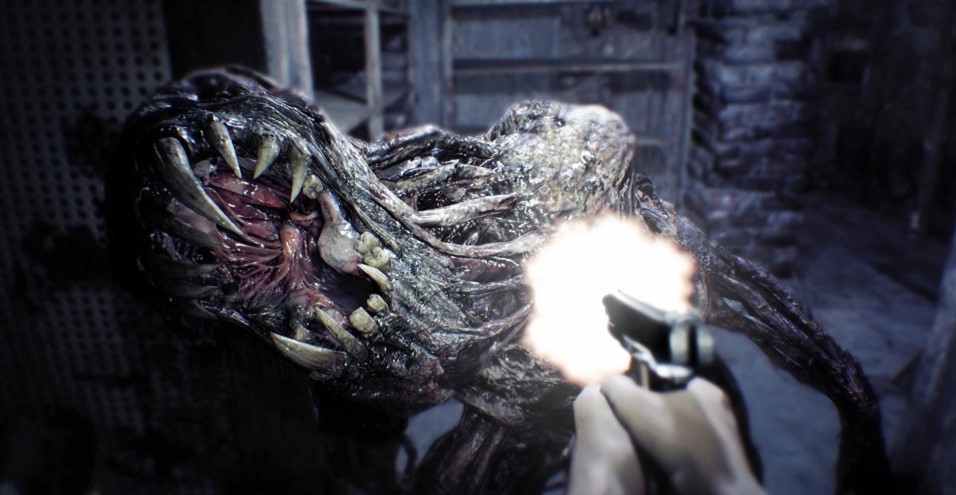
Resident Evil 7
At the beginning of the year the Resident Evil franchise seemed as dead as the shuffling monsters it helped re-popularise back in the ’90s.
Was the future of RE a series of HD re-releases and a slow descent into true mediocrity? Not a chance - Capcom went away, studied the new ‘in’ thing that was making horror fun again (the first-person vulnerability of Amnesia, Outlast and the like), and remoulded Resident Evil into a new nightmare.
Perfectly suited for both VR and traditional gaming, RE7 manages to offer a taut and brutal experience.
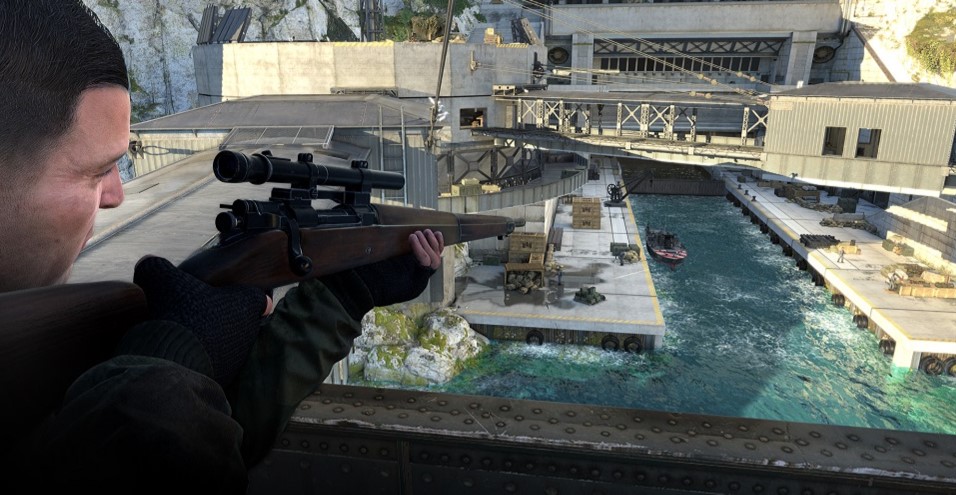
Sniper Elite 4
The slow progress of Rebellion’s Sniper Elite series has moved much like the measured pace of its long-range gameplay - gradually refining its mechanics to become the premiere sniper simulator ever made.
Proudly still shooting its way around WW2, Sniper Elite 4’s Mediterranean missions embrace the biggest sandboxes the series has ever seen, offering you a plethora of spots to snipe medulla oblongatas and slit throats.
Those iconic X-ray kills also return, with melee and stealth murder now getting in on the testicle-exploding action. Emasculating Nazis has never been so much fun.
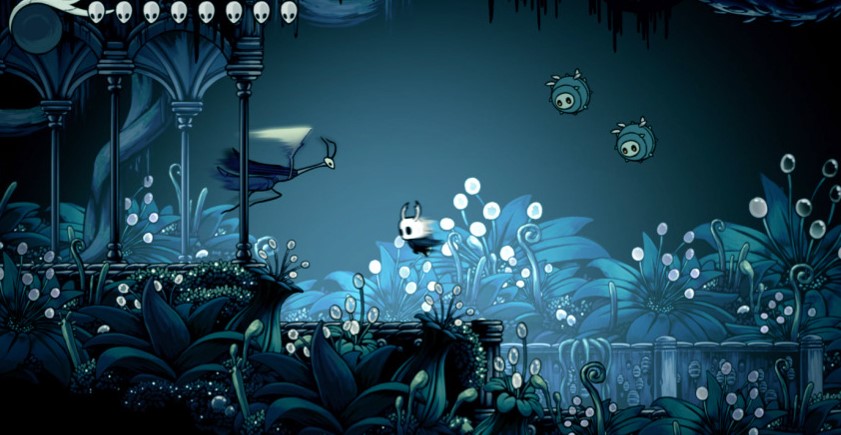
Hollow Knight
Like most successful indie games of the modern era, Team Cherry’s Hollow Knight was given life by Kickstarter funding - and the final product has managed to live up to much of the hype that helped fund it.
Built in the timeless Metroidvania style, Hollow Knight doesn’t deviate too far from the sub-genres' tenants with its non-linear levels, but thanks to its Dark Souls-esque Geo currency system and genuinely beautiful hand-drawn art style you’re still getting something that feels inviting in a crowded genre.
With the indie scene still going strong in 2017, Hollow Knight is a must-have addition to your library.
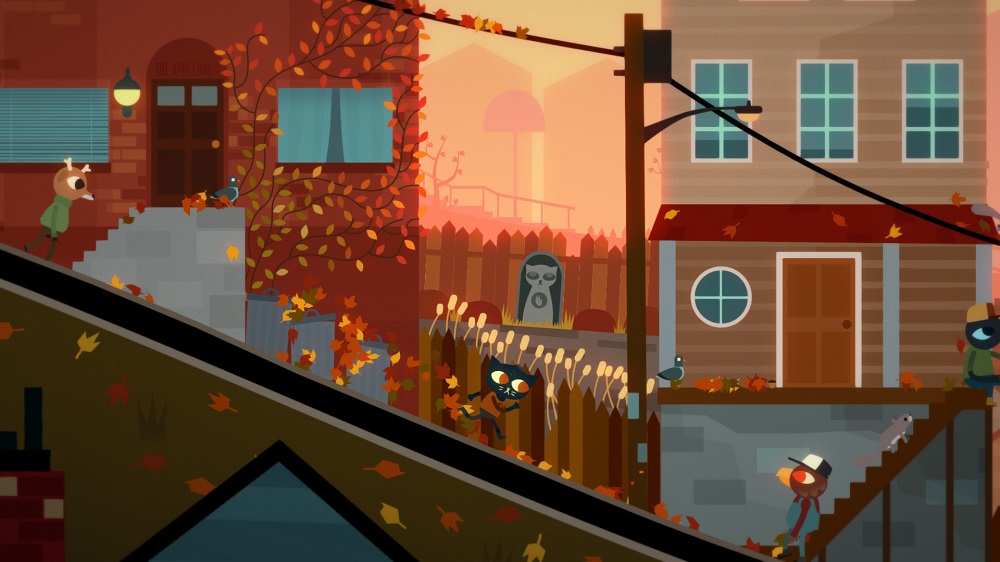
Night in the Woods
Seemingly tapping into that same poignant sense of Americana that helped Life is Strange become one of 2015’s best new IP, the indie-minded Night in the Woods embraces the suburban drama of its setting and conjures one of the intriguing plots of the year.
Said story follows Mae, a cat who’s dropped out of college and returns home to find her anthropomorphic home town is not what it seems. The game’s storybook art style uses light and dark so beautifully you’ll spend half your time stopping to admire its muted autumnal colors, while its cast of surprisingly deep characters hints at a far more complex story at its heart.
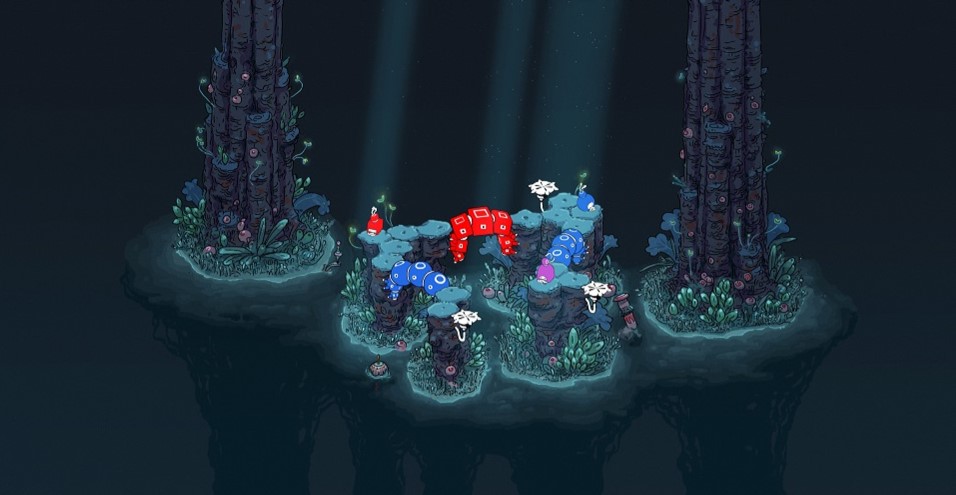
She Remembered Caterpillars
The beautifully-made She Remembered Caterpillars manages to take the 2D-style platformer puzzler made popular by the likes of Monument Valley and create something that’s both trope-ridden and genuinely original.
Its mixture of bridges and passes - where you need to unite a set of colored caterpillars - drip feeds its gameplay, slowly expanding its color-coded challenges as you explore its poignant story of parent and child divided.
Its disarming soundtrack and almost classic Disney-style animation only serves to add to She Remembered Caterpillar’s unique allure.
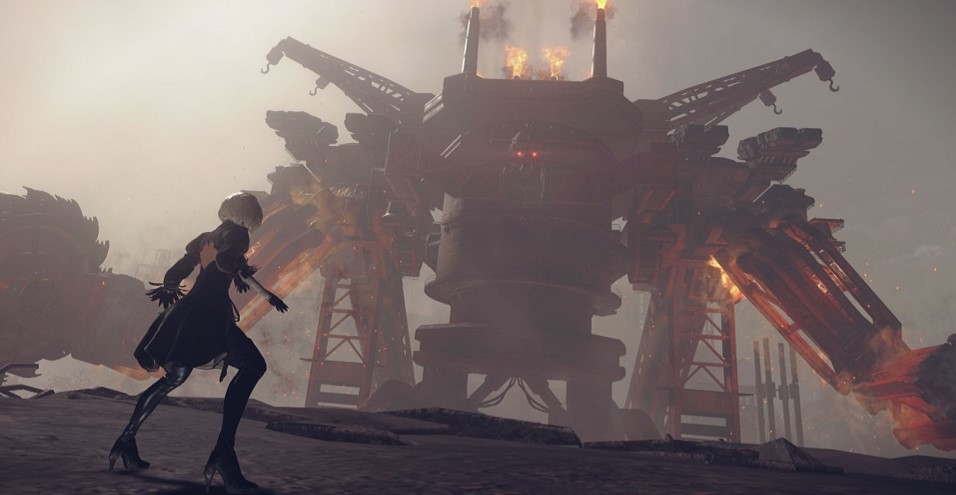
Nier: Automata
2010’s Nier remains one of those cult classics that reviewed pretty well but suffered in sales at the time.
Still, its convoluted story and canonical peculiarities have spawned a sequel that’s just as oddball as the game it spins from.
Its action-RPG combat might smack of the real-time combat of modern Final Fantasy, but there’s a far more rewarding depth to be found and a story that’s brimming with the unique sense of humour of game director and auteur Yoko Taro.
While its android-slashing action can get a little repetitive in places, its scenarios and open-world setting show PlatinumGames is far from a licence cash-in factory.
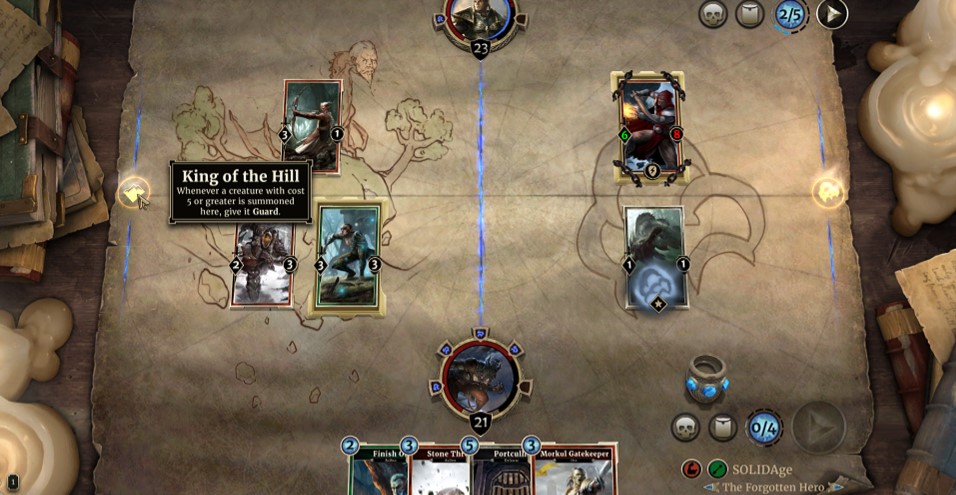
The Elder Scrolls Legends
Few fantasy licences hold as much weight and reverence as The Elder Scrolls, so a spin-off into the world of CCGs (collectable card games) seemed an inevitable segue for the Bethesda series.
Much like The Witcher-inspired Gwent, The Elder Scrolls Legends plays to the strengths of its source material while still avoiding a sense of franchise stagnancy.
This being a CCG, all the usual tropes are here, but we’re impressed how new developer Dire Wolf Studios has weaved in the RPG-focused levelling to certain cards without destroying that balance that’s all important in a collectable card game.